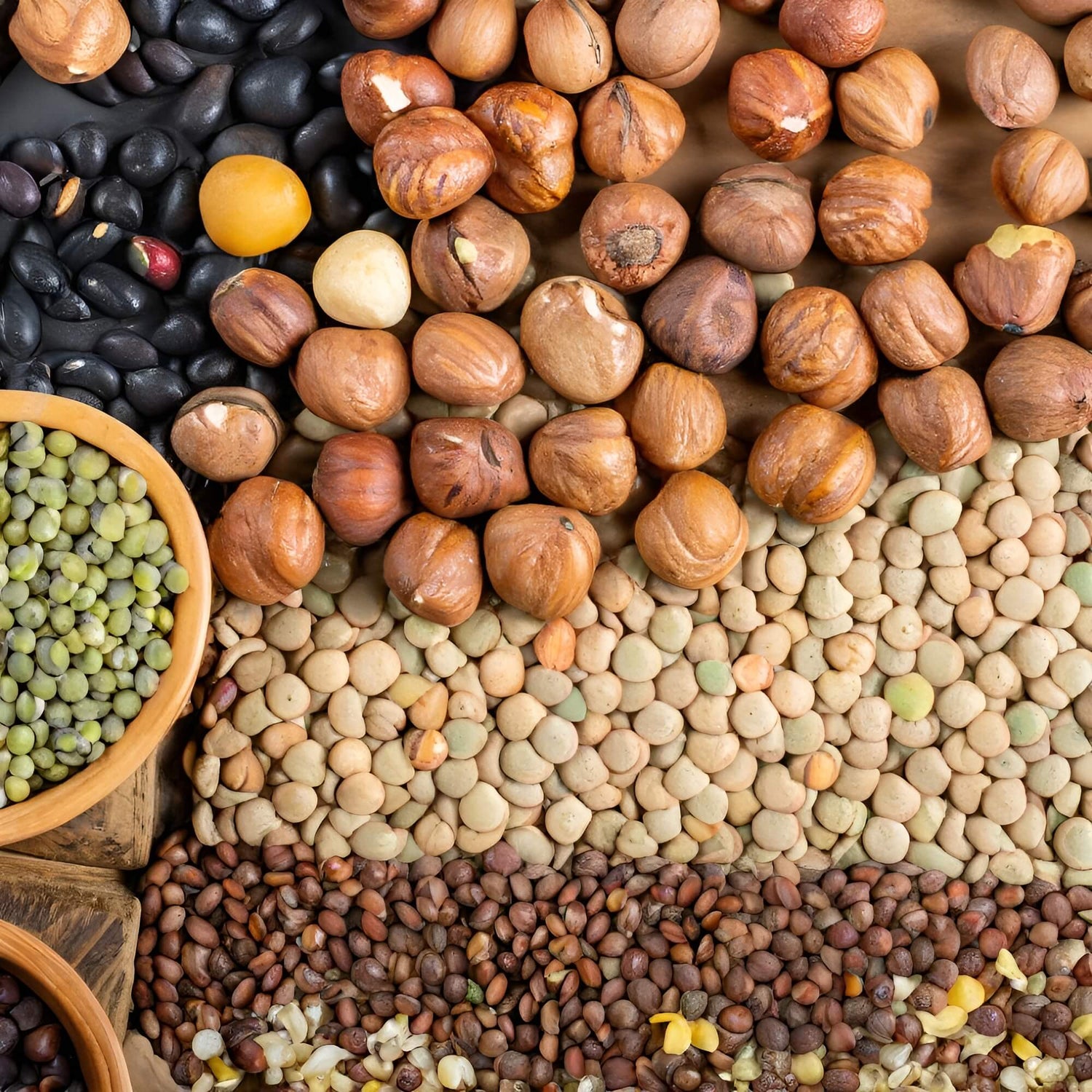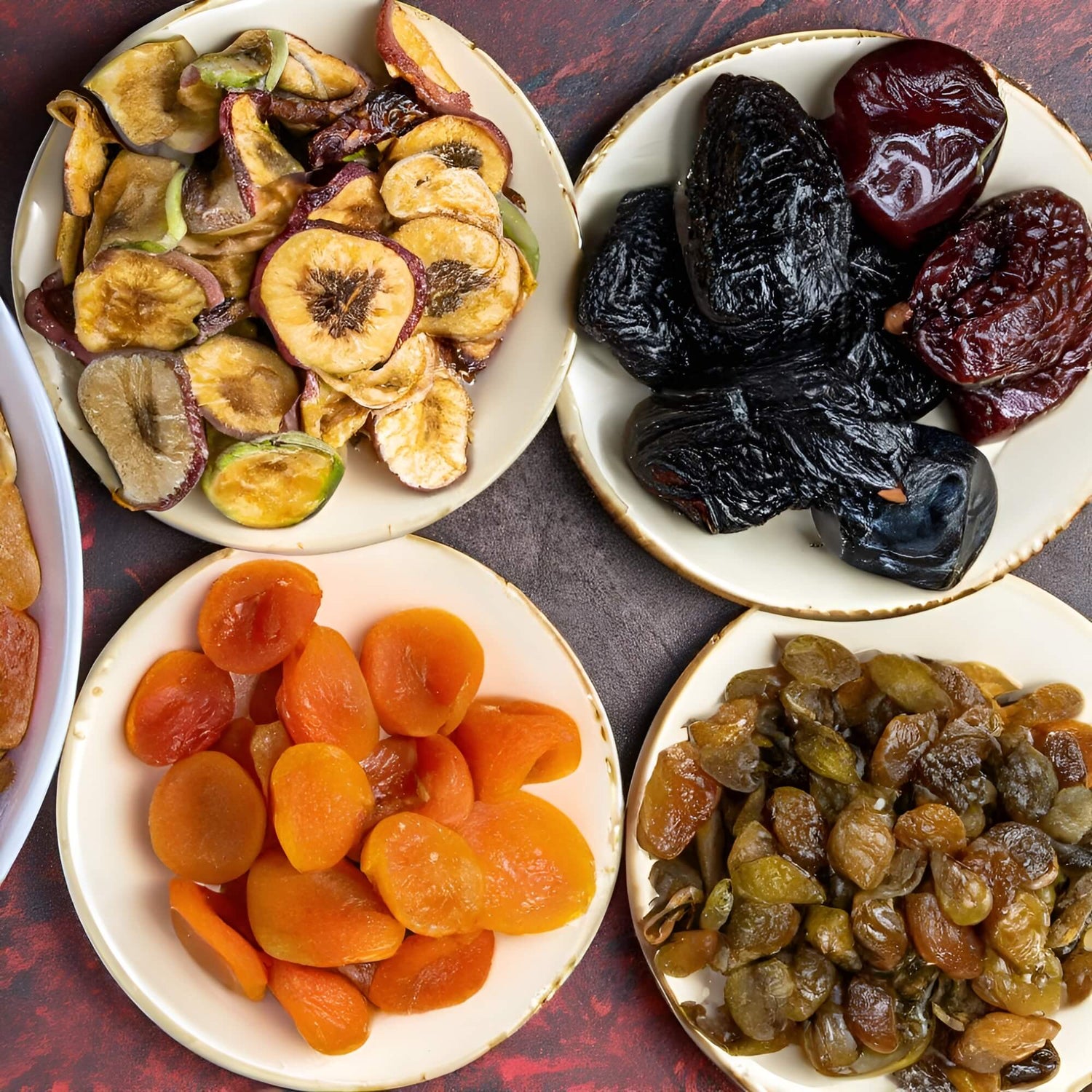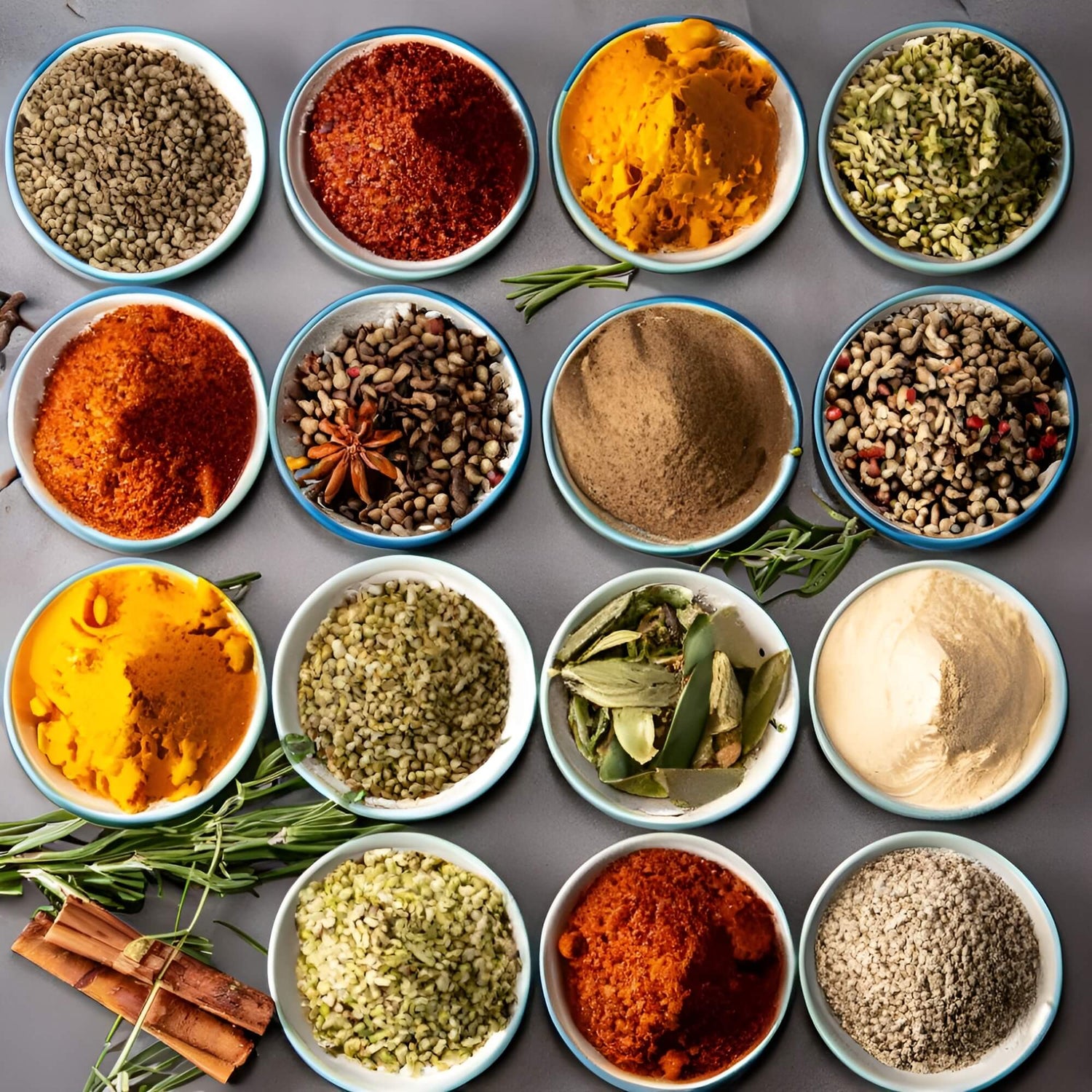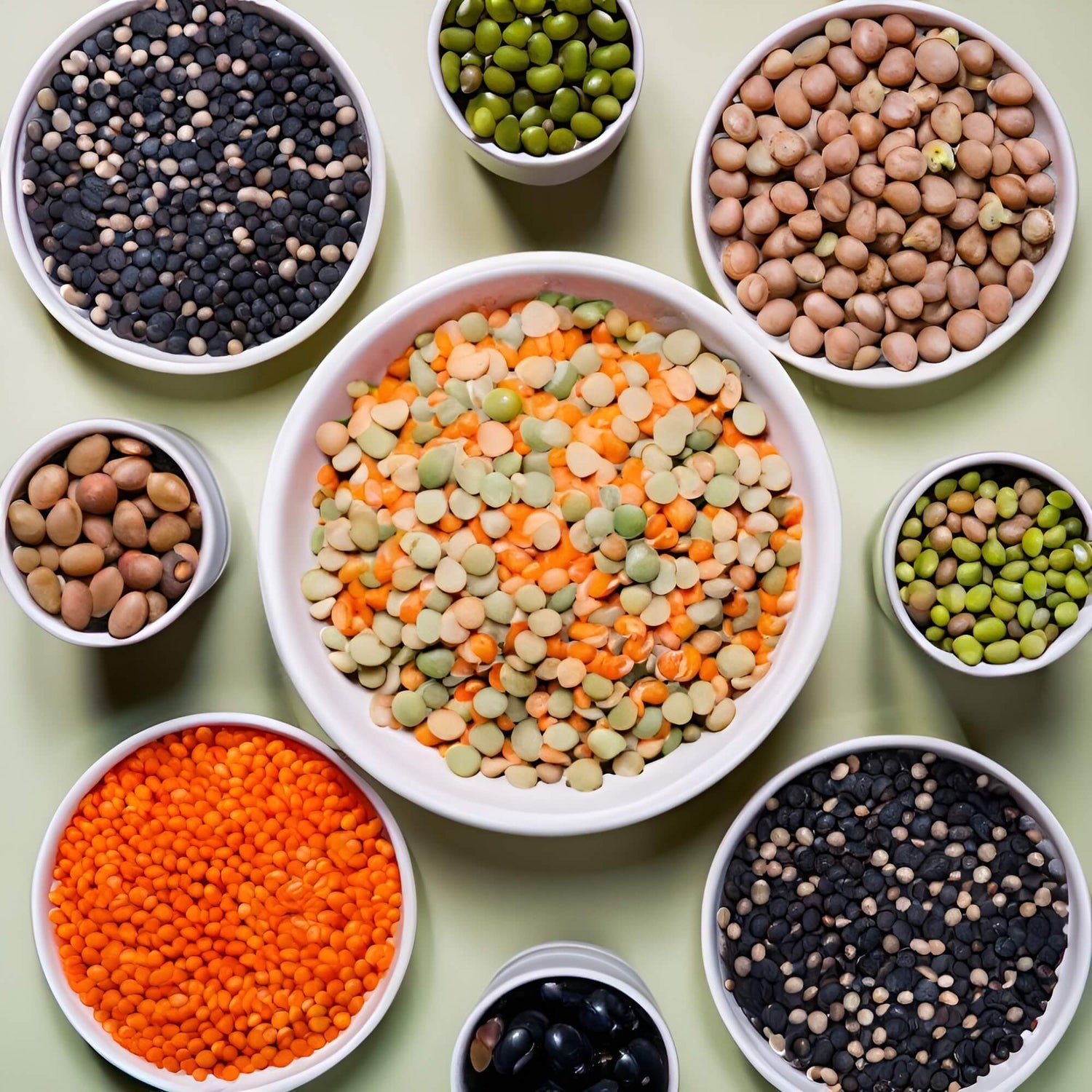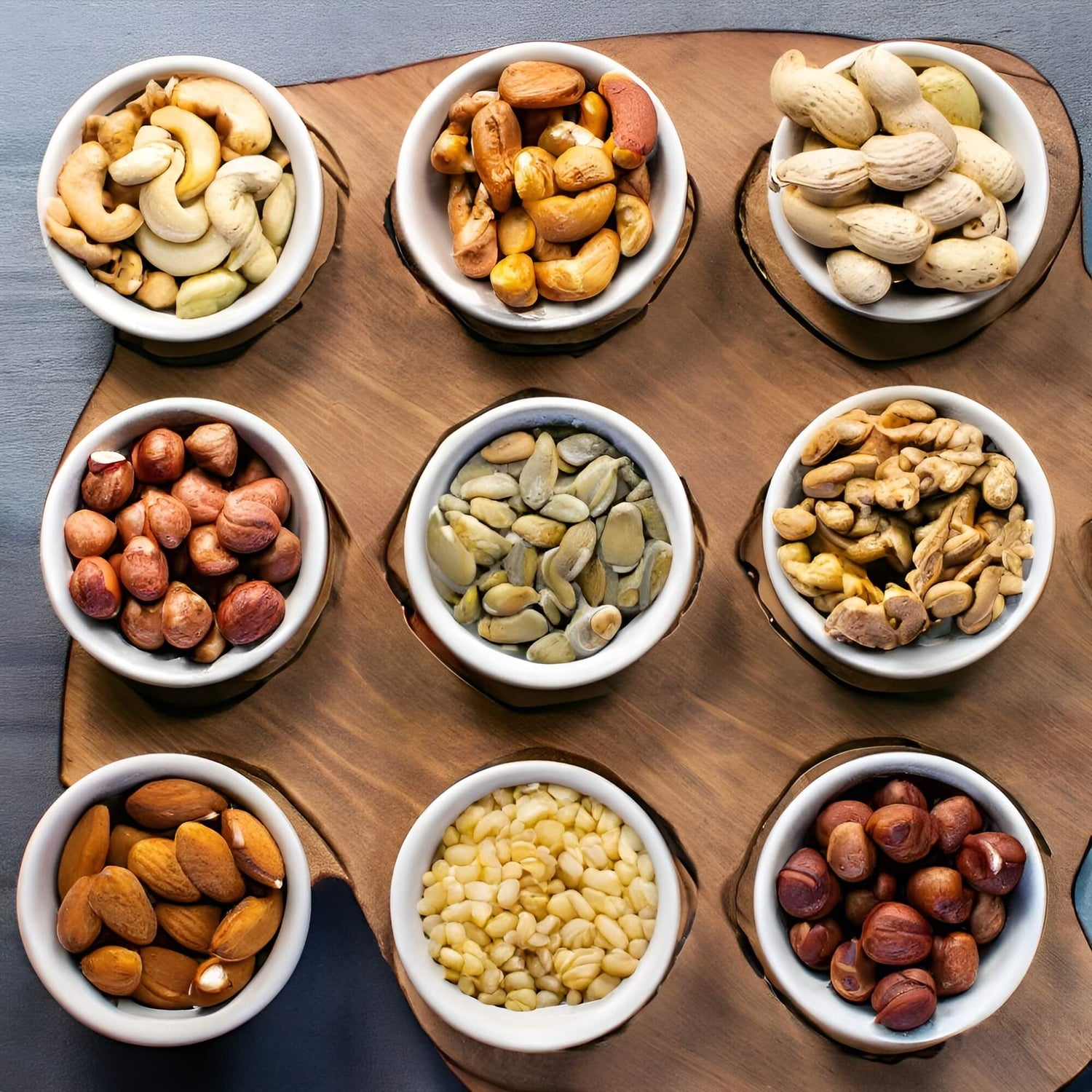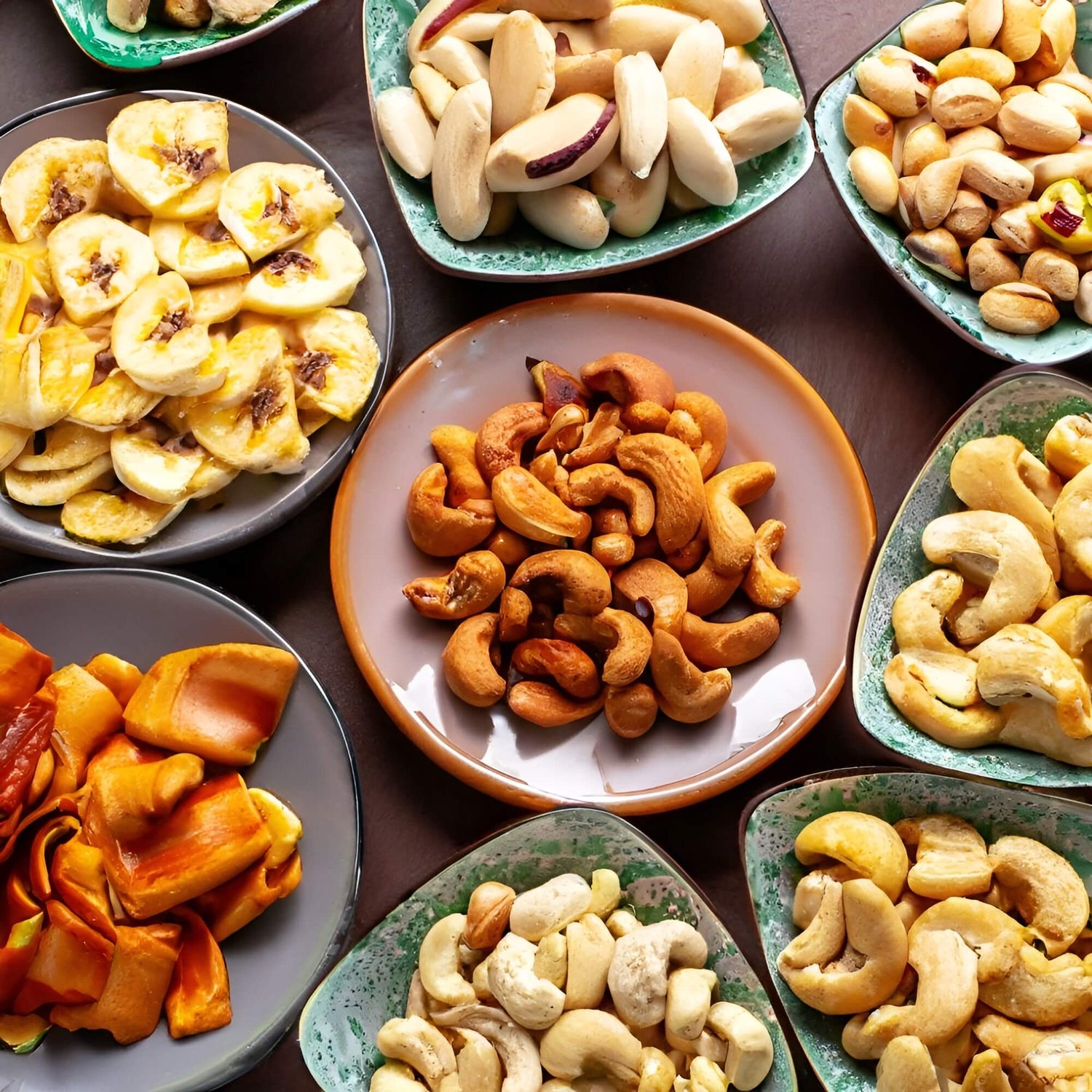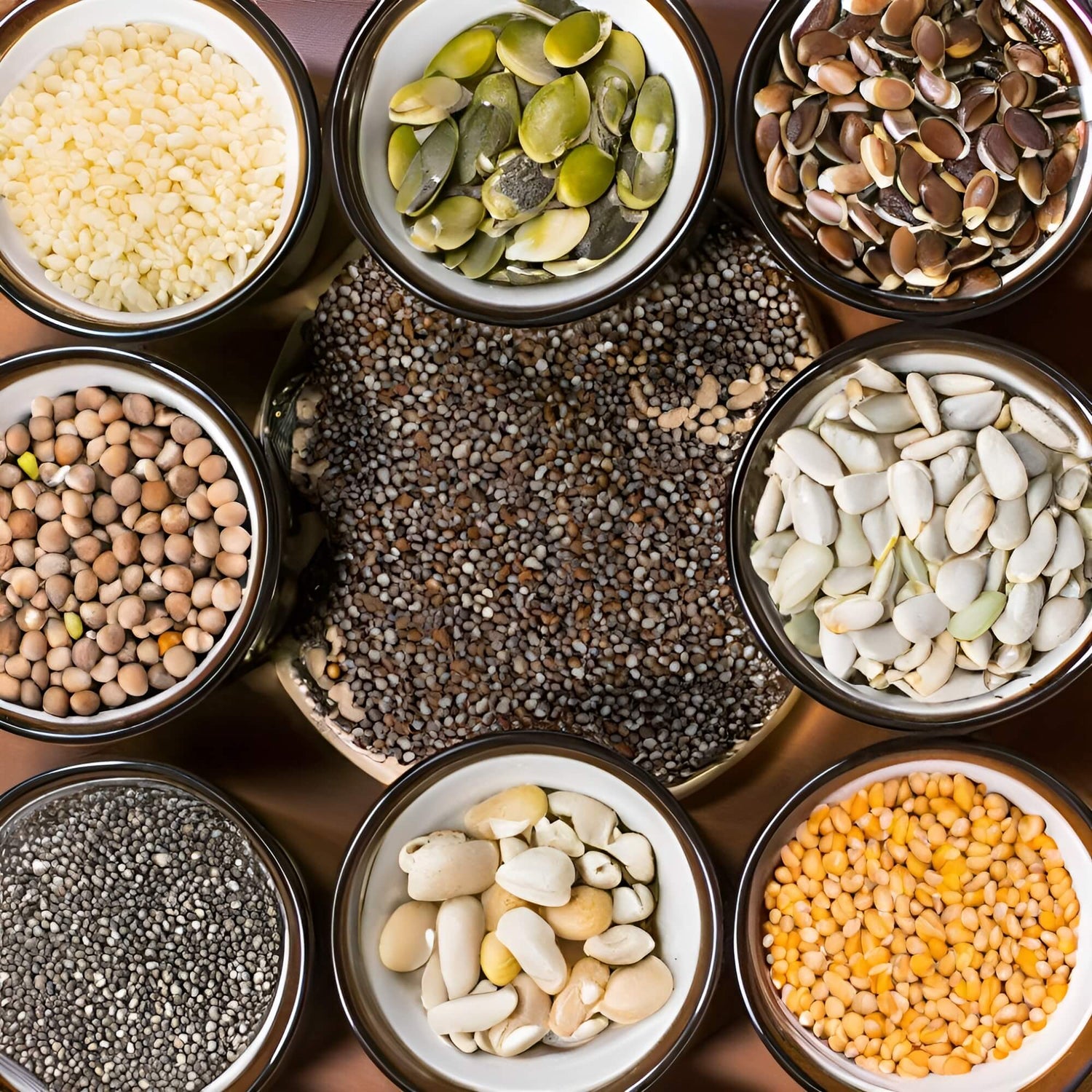
Unlocking the Nutritional Marvel: Discover the Benefits of Chia Seeds
Dr. SmithShare
Introduction to Chia Seeds
Chia seeds, derived from the Salvia hispanica plant, have a rich historical significance, dating back to ancient civilizations like the Mayans and Aztecs. These tiny seeds are a powerhouse of nutrients, making them a popular choice among health enthusiasts worldwide.
Nutritional Composition
Chia seeds boast a remarkable nutritional profile, being exceptionally rich in Omega-3 fatty acids. This essential fat is known for its positive impact on cardiovascular health, brain function, and inflammation reduction. Additionally, chia seeds are loaded with fiber, aiding in digestion and promoting a feeling of fullness.
Digestive Health
The soluble fiber content in chia seeds plays a vital role in promoting gut health. By absorbing water, chia seeds form a gel-like substance, aiding in the prevention of constipation and regulating blood sugar levels. Regular consumption can contribute significantly to a healthy digestive system.
Heart Health
Studies have shown that chia seeds can reduce bad cholesterol levels, thus lowering the risk of heart diseases. Furthermore, their anti-inflammatory properties help in maintaining a healthy cardiovascular system. Incorporating chia seeds into your diet can lead to a healthier heart in the long run.
Weight Management
Chia seeds are a dieter's best friend due to their ability to control appetite. When mixed with water, they expand and form a gel, making you feel fuller for longer periods. Additionally, their metabolism-boosting properties aid in healthy weight loss, making them an excellent choice for those aiming to shed extra pounds.
Energy Boost
Chia seeds are a source of sustained energy. The carbohydrates in chia seeds are slow to convert to glucose, providing a steady release of energy without causing spikes and crashes in blood sugar levels. This makes them a favorite among athletes and those with active lifestyles.
Skin and Hair Benefits
Thanks to their high Omega-3 fatty acid content, chia seeds contribute to skin hydration and radiance. These seeds also strengthen hair follicles, preventing hair breakage and promoting healthy hair growth. Including chia seeds in your diet can result in a glowing complexion and luscious locks.
Bone Health
Calcium, an essential mineral for bone health, is present in chia seeds. Regular consumption aids in calcium absorption, contributing to strong bones and teeth. This is particularly beneficial for individuals at risk of osteoporosis.
Brain Health
Chia seeds support cognitive function and reduce stress, thanks to their Omega-3 content. They have potential benefits in neurological disorders, although further research is needed to fully understand their impact. Including them in your diet might contribute to better brain health.
Recipes and Culinary Uses
Chia seeds are incredibly versatile in the kitchen. From chia seed puddings that make a delightful breakfast to adding them to smoothies for an extra nutritional punch, the options are endless. They can also be used in baking and cooking, adding a healthy twist to your favorite recipes.
Buying and Storing Chia Seeds
When buying chia seeds, ensure their quality by opting for organic, non-GMO varieties. To preserve their freshness, store them in an airtight container in a cool, dry place. Proper storage maintains their nutritional value, ensuring you get the maximum benefits.
Potential Side Effects and Allergies
While rare, some individuals might experience allergic reactions to chia seeds. It's crucial to start with small quantities to test for any adverse effects. Moderation is key, as excessive consumption can lead to digestive discomfort. Being mindful of portion sizes can prevent these issues.
Chia Seeds in Traditional Medicine
Chia seeds have a rich history in traditional medicine across various cultures. They were valued for their energy-boosting properties and often used to treat ailments. Exploring these traditional uses provides insights into the deep-rooted benefits of chia seeds.
Environmental Impact
Chia seeds are not only beneficial for human health but also environmentally friendly. They can be cultivated sustainably, promoting eco-friendly agricultural practices. Additionally, they are biodegradable, leaving minimal environmental impact. Supporting chia seed production aligns with a greener planet.
Conclusion
Incorporating chia seeds into your diet is a holistic approach to health and well-being. From promoting digestive health and aiding in weight management to enhancing cardiovascular and brain health, these tiny seeds offer a multitude of benefits. With their versatility in culinary applications, there are countless ways to enjoy their nutritional advantages. Embrace the power of chia seeds in your daily life, and experience the transformative impact on your overall health.
